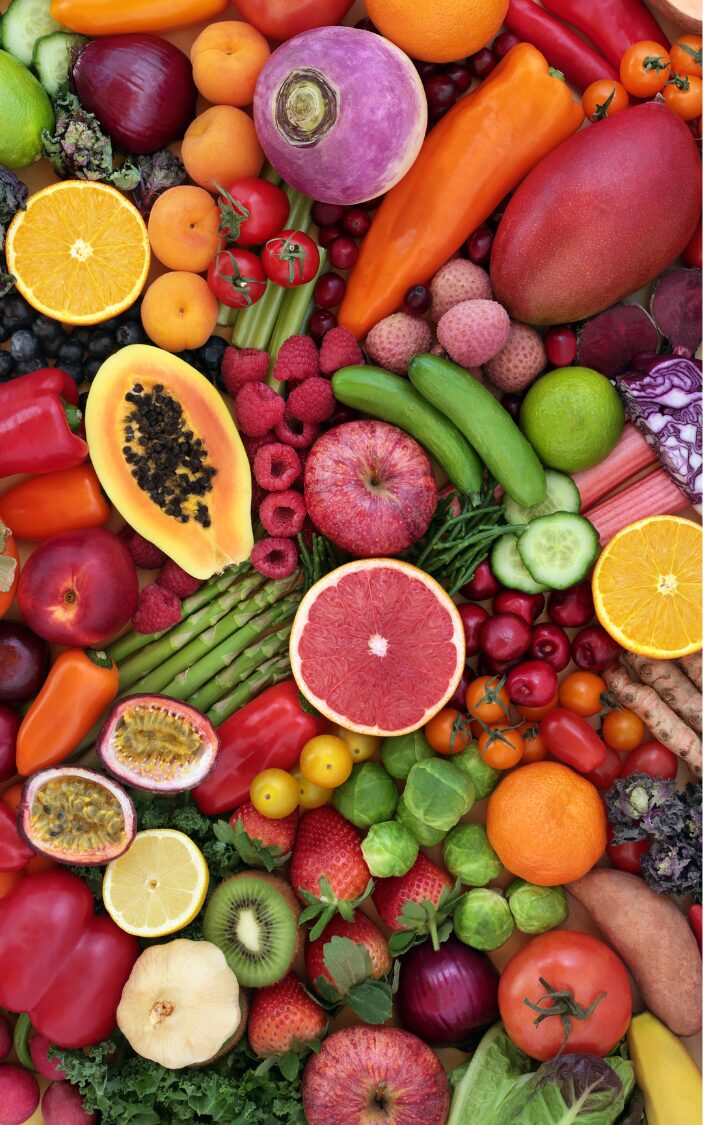Properties that can help reduce swelling and pain
What are Antioxidants?
Antioxidants are substances that help prevent or reduce cell damage caused by free radicals, which are unstable molecules that can damage cells and contribute to various diseases.
How do Free Radicals Form?
Free radicals form when our bodies undergo normal metabolic processes, such as breathing, eating, and exercising. They also form from external sources, like:
- Stress
- UV radiation from the sun
- Air pollution
- Tobacco smoke
- Processed foods
What are Antioxidants Made of?
Antioxidants can be found in various food sources, including fruits, vegetables, nuts, seeds, and whole grains. Some common antioxidants include:
- Omega-3 fatty acids: Found in fatty fish, flaxseeds, and walnuts.
- Vitamin C: Found in citrus fruits, berries, and leafy greens.
- Vitamin E: Found in nuts, seeds, and vegetable oils.
- Beta-carotene: Found in orange and yellow fruits and vegetables.
- Polyphenols: Found in tea, coffee, chocolate, and many types of fruit.
Benefits of Antioxidants
- Reducing oxidative stress: Antioxidants help neutralize free radicals, reducing inflammation and damage to cells.
- Preventing chronic diseases: Consuming antioxidants may lower the risk of conditions like cancer, heart disease, and Alzheimer’s disease.
- Improving skin health: Antioxidants can protect against sun damage, reduce wrinkles, and promote healthy aging.
- Supporting eye health: Antioxidants may help prevent age-related macular degeneration and cataracts.
Types of Antioxidants
- Water-soluble antioxidants: Found in fruits, vegetables, and tea (e.g., vitamin C, beta-carotene).
- Fat-soluble antioxidants: Found in nuts, seeds, and vegetable oils (e.g., vitamin E, omega-3 fatty acids).
- Enzyme-based antioxidants: Include superoxide dismutase, catalase, and other enzymes that help neutralize free radicals.
How to Boost Antioxidants Intake
- Eat a balanced diet: Focus on whole, unprocessed foods like fruits, vegetables, nuts, seeds, and whole grains.
- Consume antioxidant-rich beverages: Enjoy tea, coffee, and juice made from antioxidant-rich fruits and veggies.
- Supplement wisely: Consider adding antioxidant supplements to your routine, but always consult with a healthcare professional before starting any new supplement regimen.
Common Antioxidant Deficiencies
- Vitamin C deficiency: Caused by poor diet or malabsorption issues.
- Omega-3 deficiency: Common in individuals who do not consume enough fatty fish or plant-based sources of omega-3s.
- Zinc deficiency: Can occur due to poor diet, stress, or certain medical conditions.

Remember:
Antioxidants are an essential part of a healthy lifestyle. By incorporating antioxidant-rich foods and beverages into your daily routine, you can help reduce oxidative stress and promote overall well-being.
